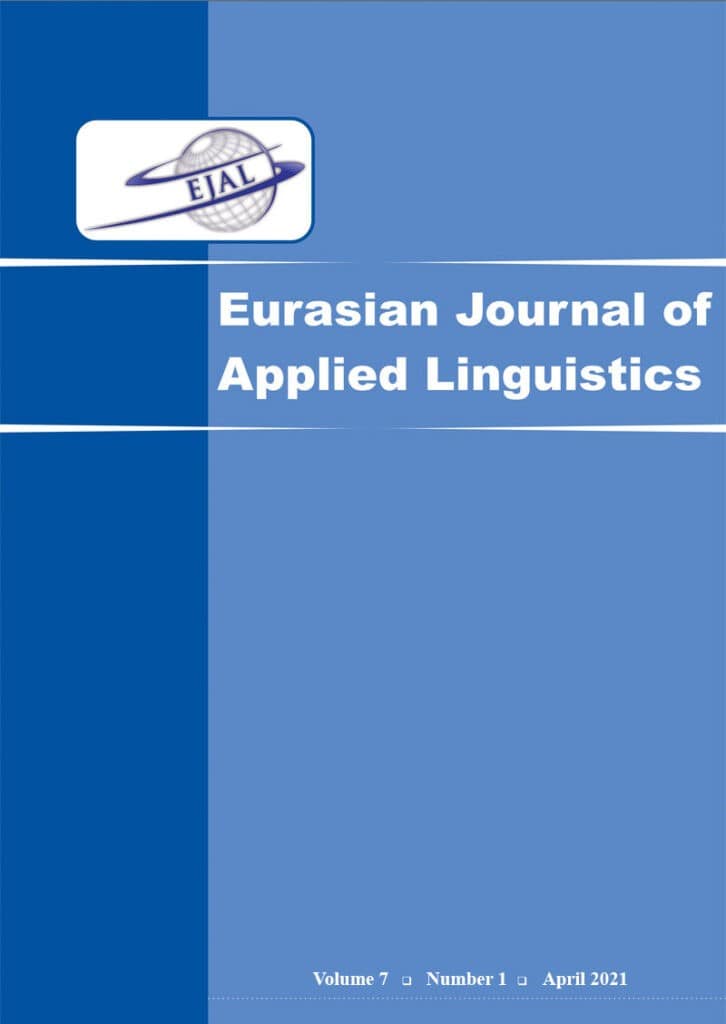Ali Akbar Ansarin
University of Tabriz
University of Tabriz
Salva Kazemipour Khabbazi
University of Tabriz
University of Tabriz
Keywords: annotations, working memory, involvement load, passive vocabulary development, active vocabulary development
Abstract
This study aims at comparing the effect of single- and dual-annotation modes, working memory (WM), and three tasks of different involvement loads (sentence writing, close deletion, and paragraph writing) on passive and active vocabulary development of proficient English as a foreign language (EFL) learners. While listening to an expository text, participants (n = 204) were presented with annotations for twenty lexical items. Paribakht and Wesche’s (1997) Vocabulary Knowledge Scale was employed as the pre and posttests and via a listening span task, the learners’ WM capacities were measured. The results pointed to the efficacy of dual-mode over single-mode annotations concerning both passive and active vocabulary learning. The participants with higher WM capacities significantly performed better regarding active vocabulary learning for both textually and visually annotated words, thus no interaction between WM and input mode was found. The sentence writing task produced the highest scores in the vocabulary tests, whereas the cloze deletion and paragraph writing tasks did not significantly differ. Hence, the results only partially confirmed the Involvement Load Hypothesis. The current study corroborates other studies verifying the modality effect on vocabulary learning and suggests that both WM and task type are significant factors in EFL vocabulary learning.

